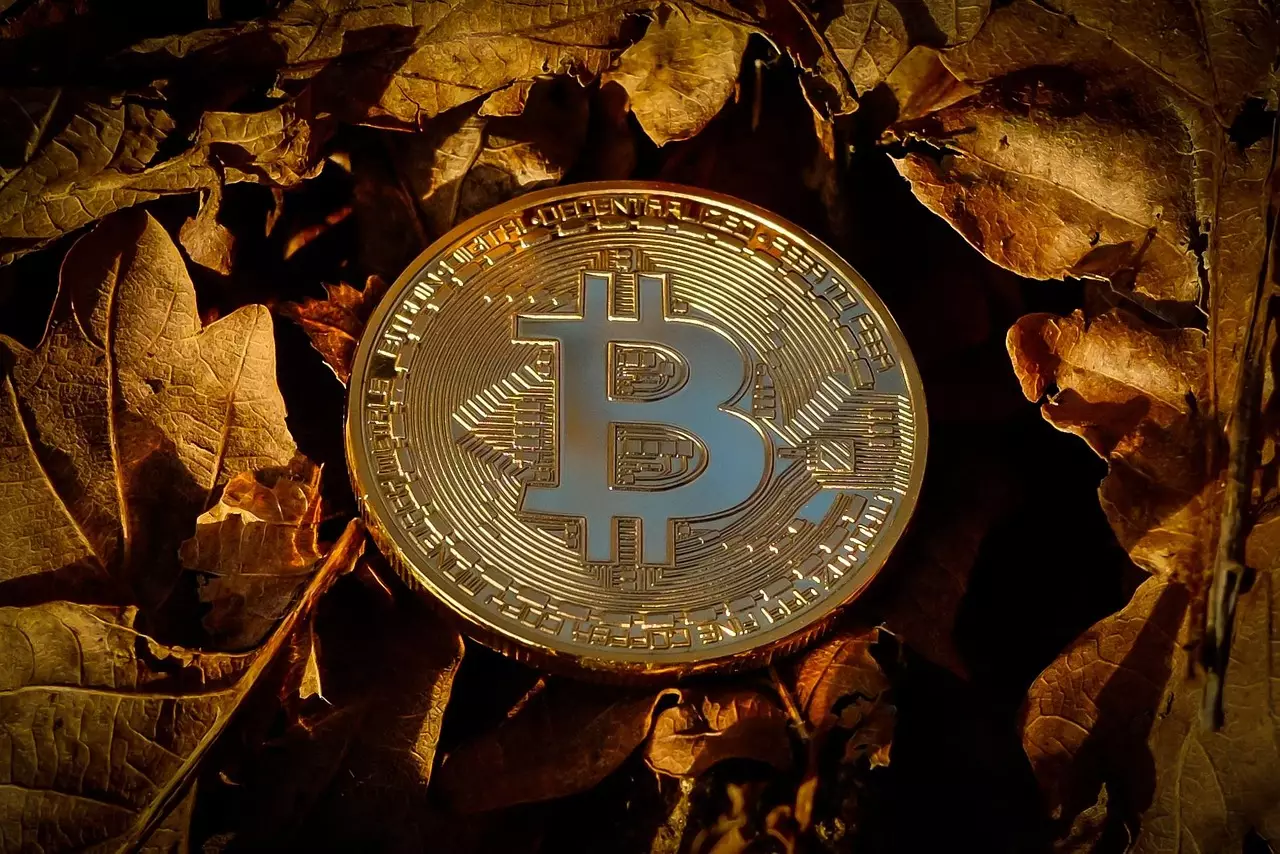The recent Bitcoin transfer by SpaceX, Elon Musk’s aerospace empire, has sparked a wave of speculation across the cryptocurrency community. Headlines scream about the possibility of an imminent dump, yet this interpretation may overlook a more nuanced reality rooted in strategic financial management. A three-year hiatus in moving Bitcoin holdings followed by a modest transaction suggests caution, not capitulation. Critics lean towards narratives of impending sell-offs, but in reality, such interpretations betray a limited understanding of corporate treasury behavior in the volatile world of cryptocurrencies.
The transfer of 1,300 BTC—a substantial sum but a relatively small fraction of SpaceX’s holdings—indicates a carefully measured decision. These moves can often be part of routine custody management, aimed at ensuring assets are stored securely rather than liquidated. It’s essential to contextualize this transfer within the larger picture: SpaceX still maintains nearly 7,000 BTC, valued at roughly $827 million. If the company was planning to offload assets, the scale of the recent transfer would be disproportionate. Instead, the data implies that the company is repositioning its Bitcoin for safety, perhaps to different cold addresses or custody providers, aligning with best practices rather than a sign of distress.
The Politics of Cryptocurrency and Elon Musk’s Endorsement
Elon Musk’s public stance on Bitcoin has long been one of cautious optimism, tempered by a desire to see cryptocurrency serve as a hedge against inflation and monetary mismanagement. His recent remarks about the US government’s reckless spending and the passing of legislative measures favoring fiat currency printings highlight a broader ideological stance—skeptical of government-controlled money and supportive of decentralized assets like Bitcoin.
This perspective is rooted not in reckless speculation but in a pragmatic center-right liberal outlook that values individual liberty, fiscal responsibility, and market-based solutions. Musk’s affirmation that Bitcoin could serve as a “better fiat”—rather than a mere speculative asset—reflects an ideological conviction in the potential of cryptocurrencies to underpin a more resilient economic system. Such beliefs naturally make him inclined to hold rather than sell significant Bitcoin positions, especially as the macroeconomic environment appears increasingly hostile to fiat currencies with unlimited printing.
Contrary to alarmist narratives, Musk’s public comments and actions suggest he views Bitcoin as an insurance policy—a safeguard against government overreach and inflation, not a quick profit play. His support for Bitcoin’s role as a hedge and the documented reluctance of Tesla to sell its sizable holdings over the past nine months reinforce this stance. The recent transfer by SpaceX aligns with this philosophy rather than contradicting it.
Strategic Portfolio Management and Future Outlook
In the fast-evolving landscape of digital assets, corporate treasuries are expected to adopt sophisticated strategies. The assumption that any movement of Bitcoin equates to a sale oversimplifies the complexity of asset management in a volatile environment. Companies like SpaceX and Tesla are likely employing risk mitigation strategies, such as shifting assets between wallets or custodians, to safeguard their holdings or optimize security.
Furthermore, Elon Musk’s stance on Bitcoin seems more aligned with long-term confidence rather than short-term profit motives. His backing of Bitcoin as a counter to fiat inflation, coupled with his influence at the highest levels of technology and business, suggests that both SpaceX and Tesla are positioning themselves as stronghold investors rather than speculative traders.
This narrative gains credibility when considering the broader macroeconomic environment. As inflation fears loom and the dollar’s dominance faces critique, steadfast holdings in Bitcoin serve as a strategic hedge—not a sign of impending liquidation. Musk’s vocal support for Bitcoin’s potential to challenge the fiat system indicates that he sees the asset as a vital component of his vision for a restructured, more resilient economy.
The silence of untouched Bitcoin in SpaceX’s wallets and the timing of recent transfers must be interpreted within a framework of strategic conservatism. Elon Musk’s words and actions demonstrate an unwavering belief in Bitcoin’s potential, especially as inflation or government overreach threaten traditional currencies. Instead of signaling distress or impending sell-offs, these moves more convincingly point to a broader, calculated confidence that Bitcoin remains a critical hedge and future cornerstone of a reformed financial landscape. Skeptics should reconsider their knee-jerk reactions and recognize Musk’s pattern of measured, intentional management—further evidence that in Musk’s world, strategic patience often outweighs sensational headlines.



















Leave a Reply